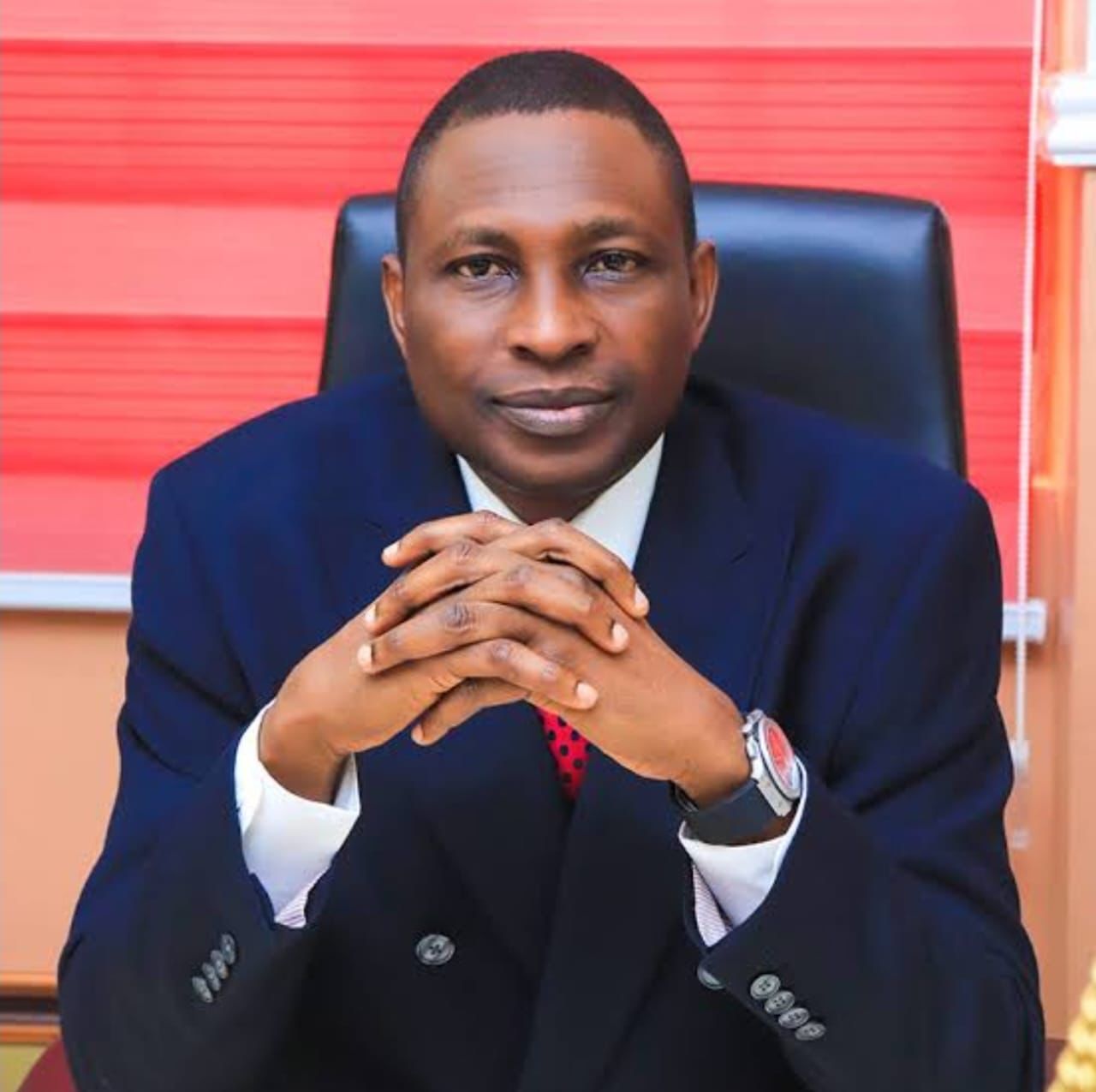News
Anti-corruption: EFCC, ICPC charge religious leaders to ‘walk the talk’

The Independent Corrupt Practices and Other Related Offences Commission (ICPC) and the Economic and Financial Crimes Commission (EFCC) have urged religious leaders in Nigeria to take a more active role in the fight against corruption and cybercrime.
They made the call on Thursday in Abuja at the 2024 first quarter meeting of the Nigeria Inter-Religious Council (NIREC), with the theme: “The role of religious leaders in combating corruption and cybercrime”.
The Executive Chairman of EFCC, Mr Ola Olukoyede, represented by the EFCC Director of Public Affairs, Wilson Uwujaren, noted the crucial role religious leaders played in shaping the moral fabric of society and urged them to use their influence to promote integrity and transparency.
He lamented that despite Nigeria’s rich human and mineral resources corruption had hindered the country’s development, perpetuating poverty and insecurity.
South Sudan introduces Arabic language, Islamic studies in schools
Sanusi returns as Emir of Kano
While criticising some religious leaders for tolerating corrupt practices and failing to speak out against graft, even when it involves their members, he urged them to preach not just prosperity, but also integrity, and to lead by example.
On his part, the ICPC Chairman, Musa Adamu Aliyu (SAN), said that despite several efforts, corruption seemed to be defying solution, thus the need for religious leaders and everyone to be sincerely committed to fighting corruption as no society would progress with it.
The Sultan of Sokoto and President of the Nigeria Supreme Council for Islamic Affairs (NSCIA), Alhaji Muhammad Sa’adu Abubakar III, and the President of the Christian Association of Nigeria (CAN), Archbishop Daniel Okoh, who are co-chairmen of NIREC, said that the challenge and the task before religious leaders was to give a strong and clear moral leadership to bring down the altar of materialism and champion the movement to change the orientation that worshipped materialism in the people so that systemic corruption could be reduced to the lowest level.

